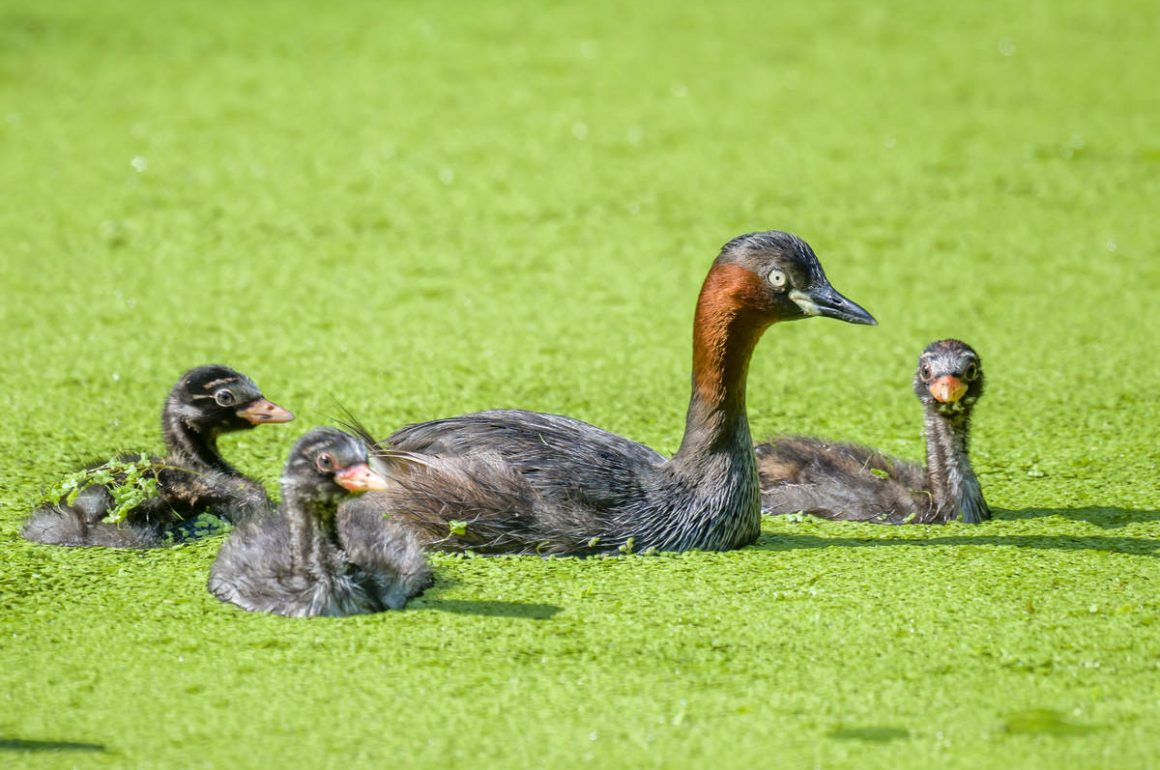
Given how hot and sometimes humid it is in Shanghai in July, it is a wonder there are any birds here in this month, particularly taking into account that most bird nests are not air-conditioned. Still, a few spend the summer here.
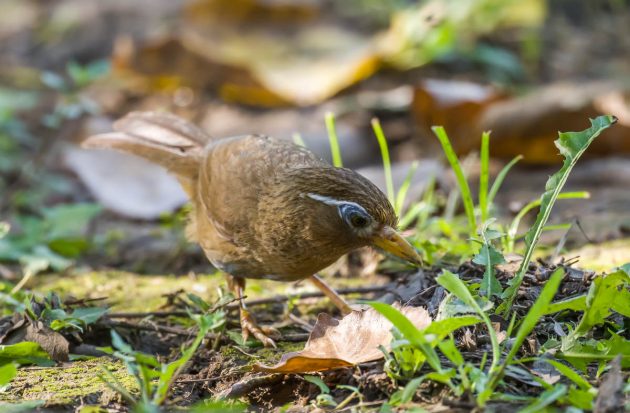
The Chinese Hwamei is a second-level protected species in China – as a consequence, according to Chinese law on wildlife protection, it is prohibited for local people to capture and keep the species in captivity without a permit.
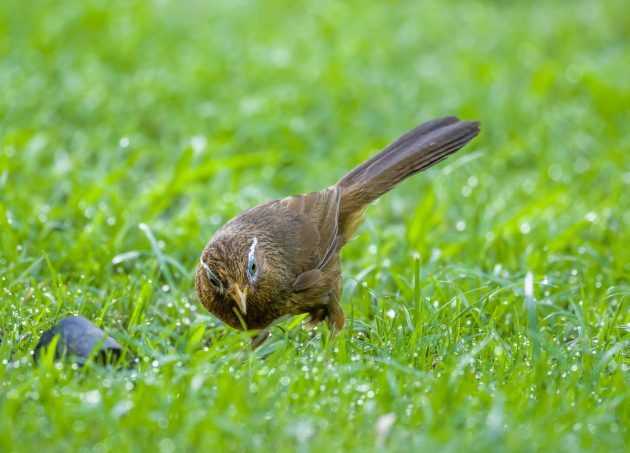
However, this does not seem to help the Chinese Hwamei much – a study shows that this legislation is mostly ignored, and Hwamei keepers give the usual excuses such as benefits for the community members’ health, cultural heritage and contributions to local livelihoods (at least the last two of these arguments are probably also cited by US prison guards as an argument not to reduce the US prison population).
Strangely, the author of the study uses this situation as an argument not to ban keeping Hwameis in captivity illegal altogether but rather just to limit the keeping. One of the reasons stated is “the benefits of the people” (not the birds). Hmm, I think I disagree with the author.
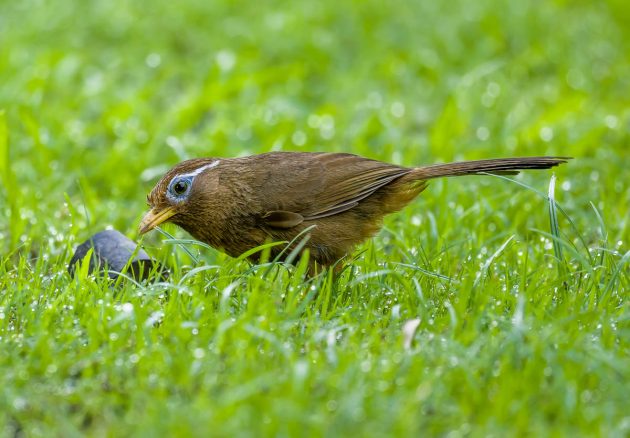
In addition, while there is limited or no legal trade of Chinese Hwameis to other countries, the species is still readily available in bird markets in countries such as Thailand and Indonesia (source) – poor bird.
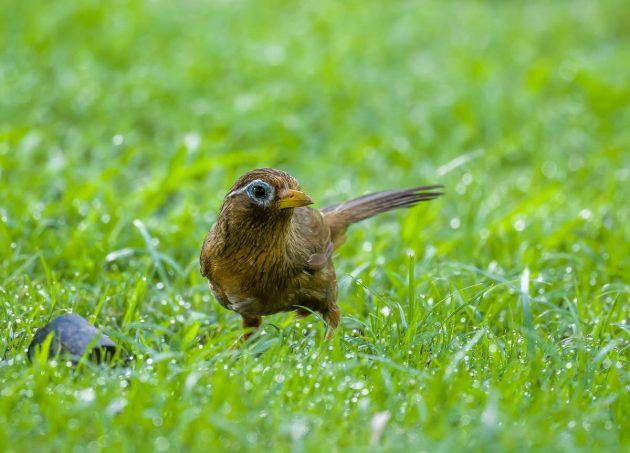
While I just wrote a post about the Amur Paradise Flycatcher and one of its close relatives, this is not a reason not to show some more photos of the species.
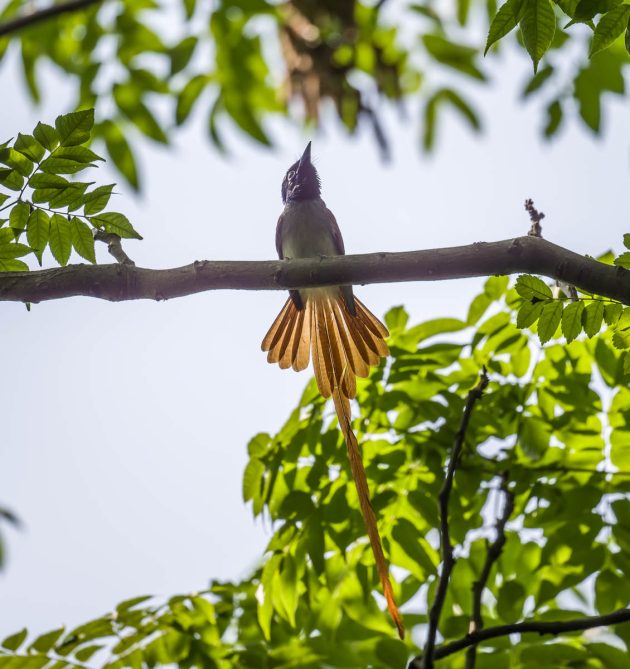
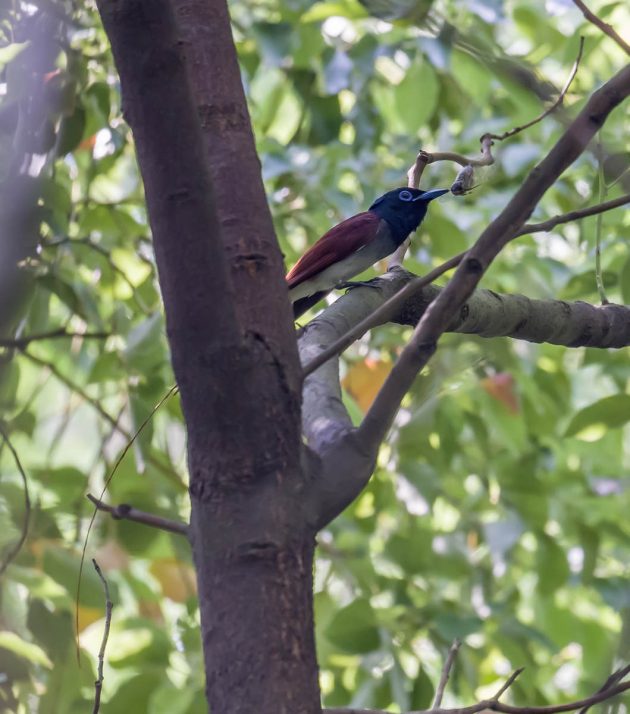
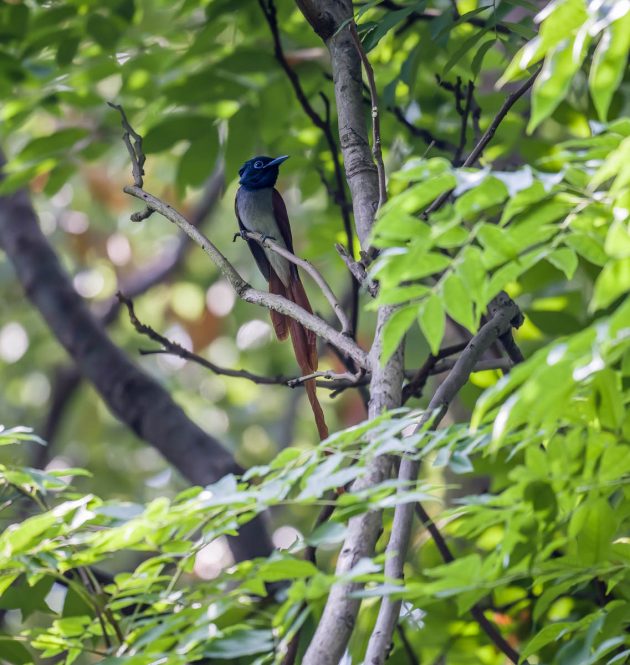
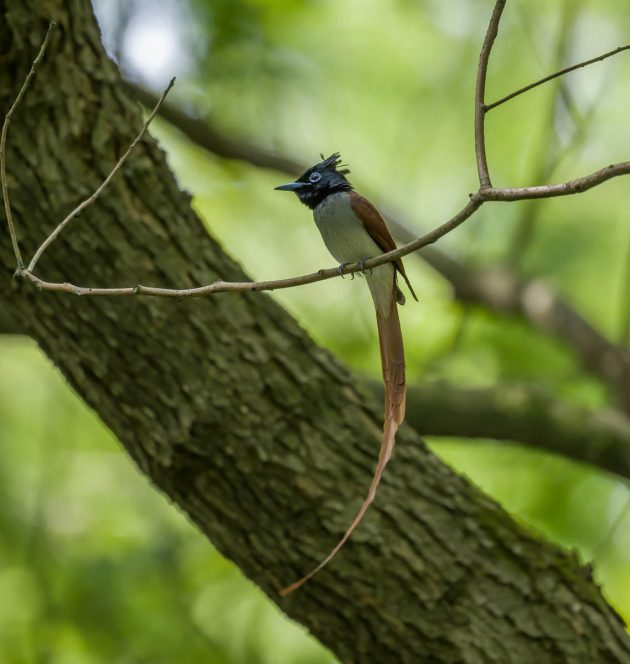
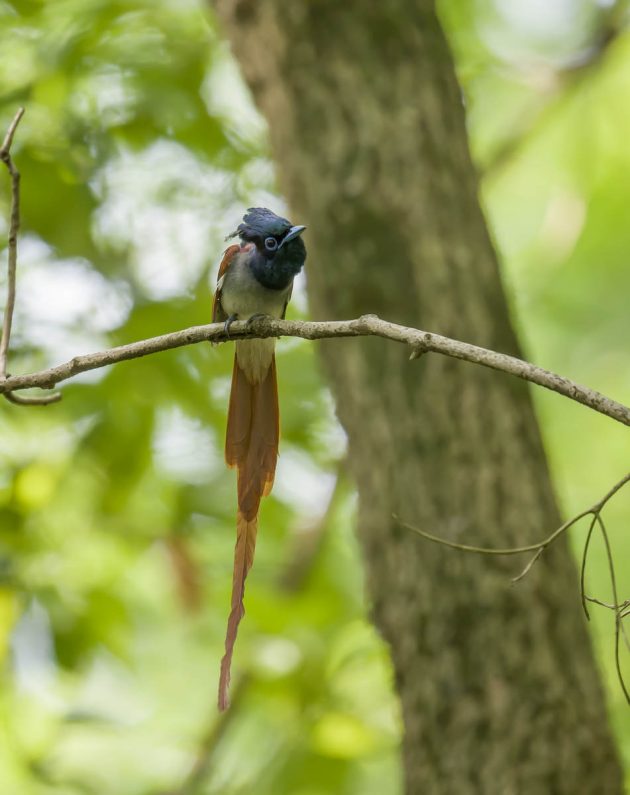
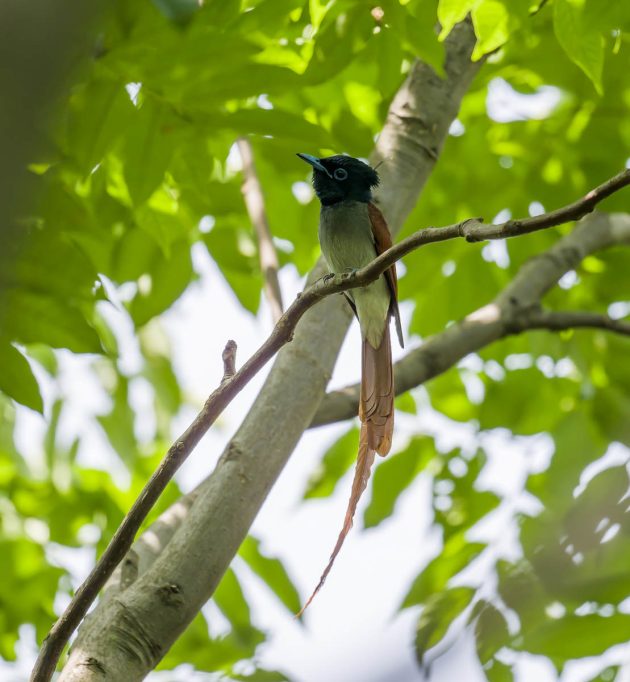
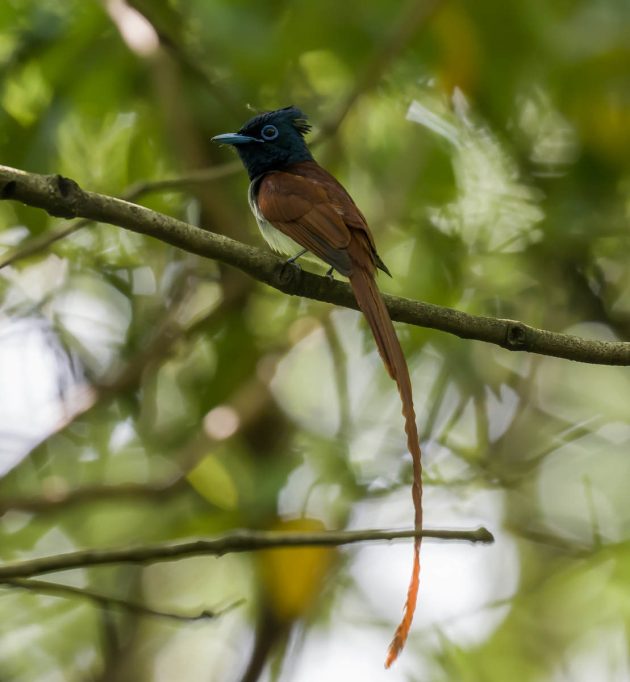
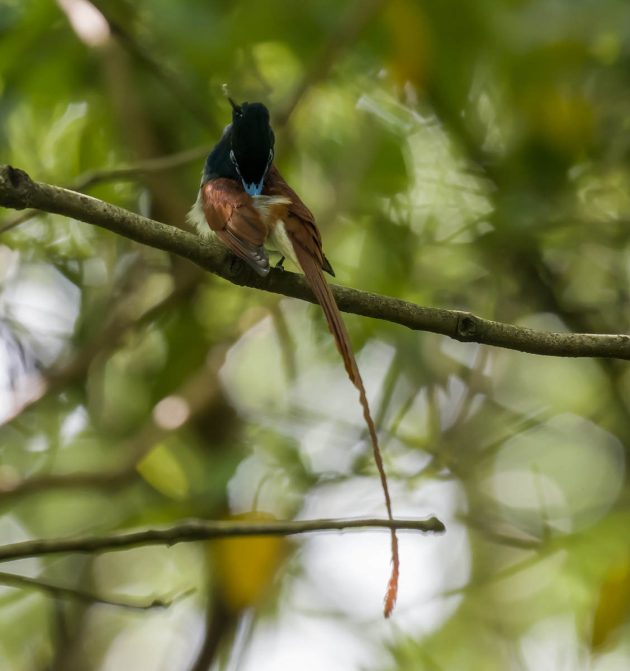
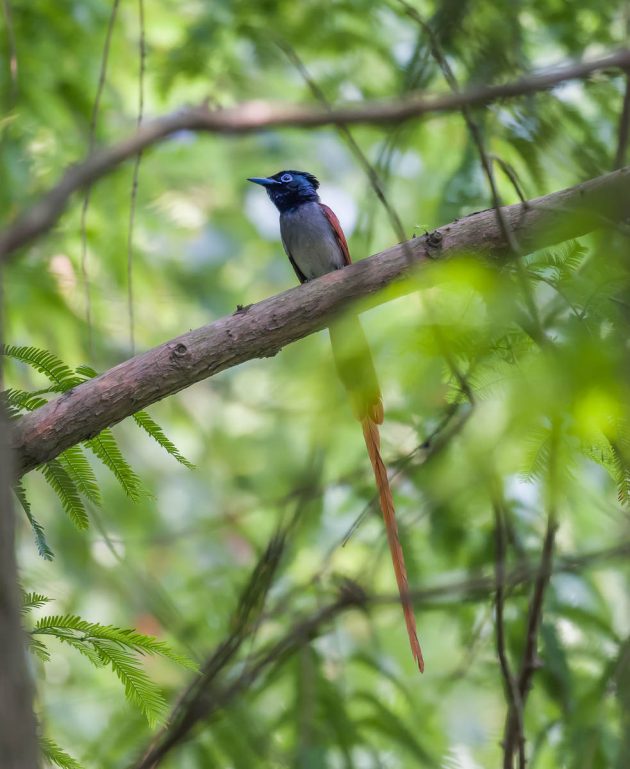
If you ever wanted to know how it feels to swim in a bowl in which salad is being washed, you might want to ask these Little Grebes.
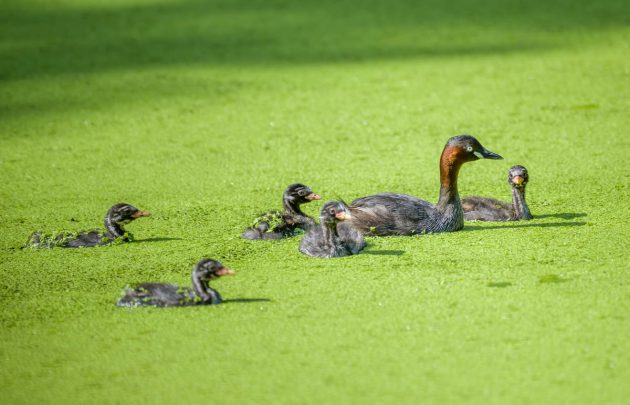
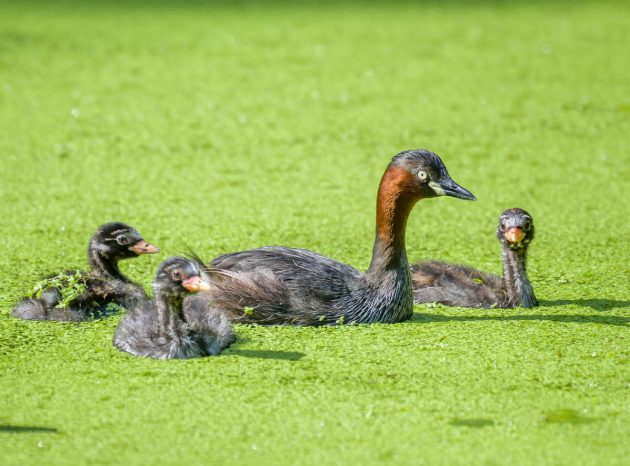
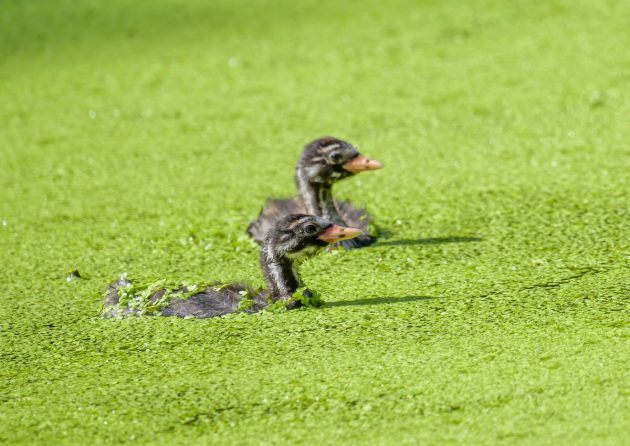
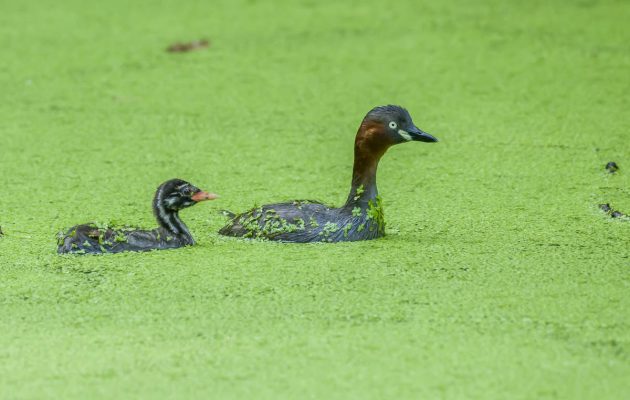
And that’s it for Shanghai for this month, at least from me – apart from the heat and the relative lack of birds, another reason for the shortness of this post is that I spent half of the month in Borneo. Guess what I did there.


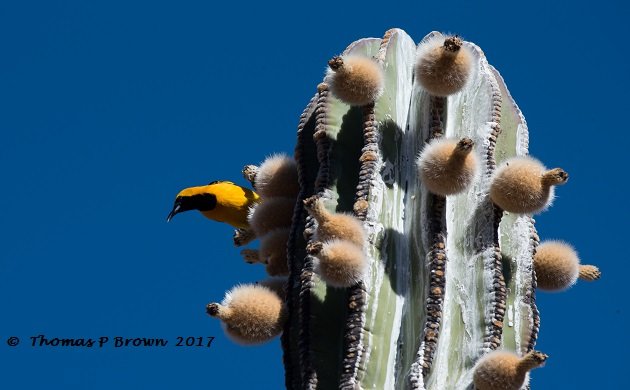
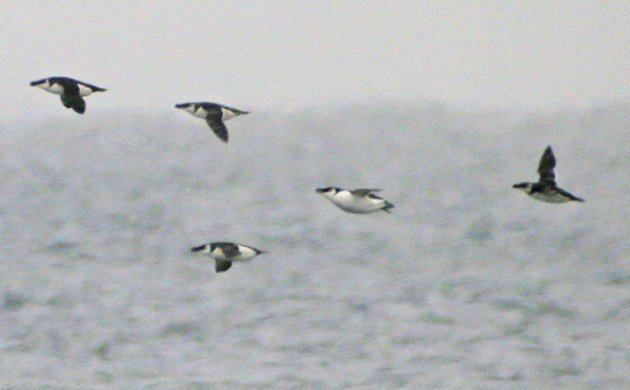
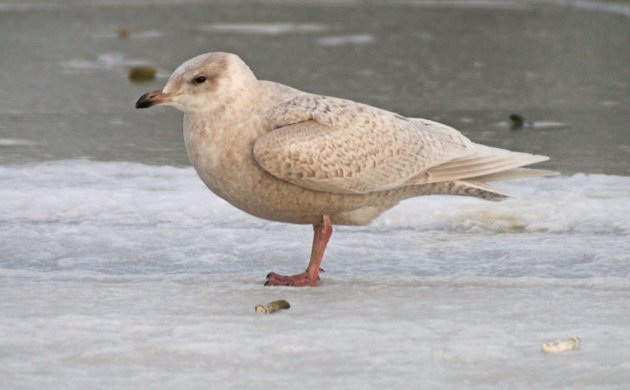

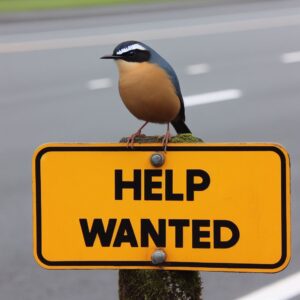 New writers welcome – please contact us for details.
New writers welcome – please contact us for details.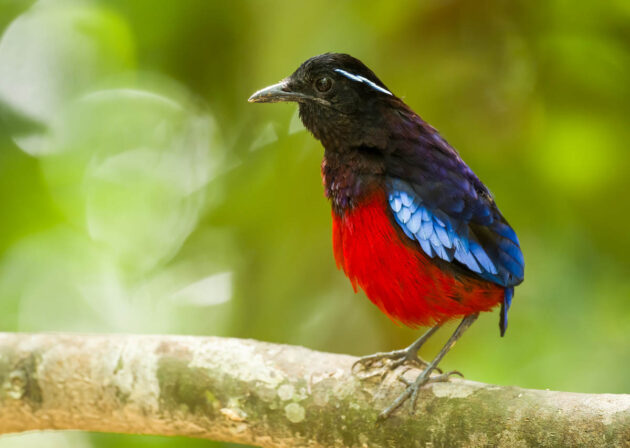
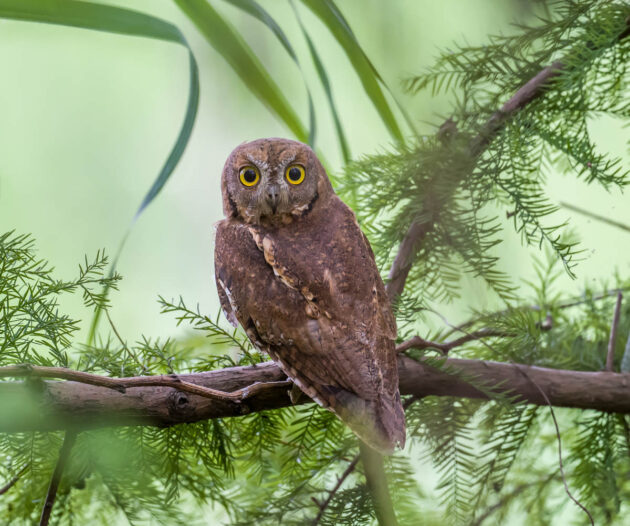
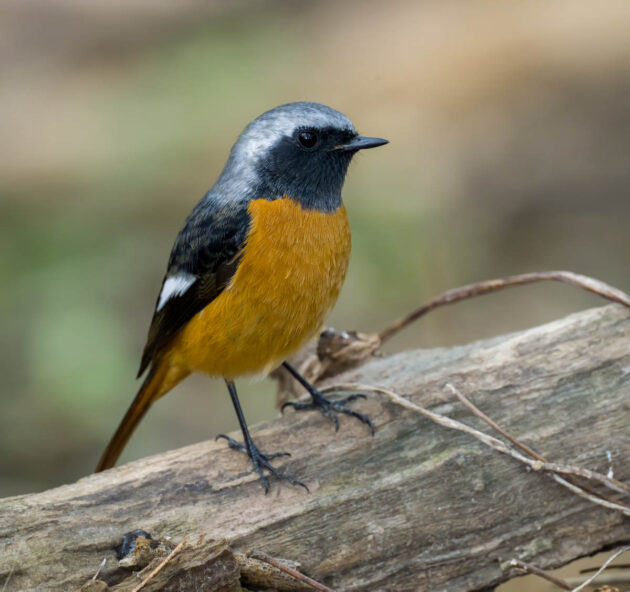
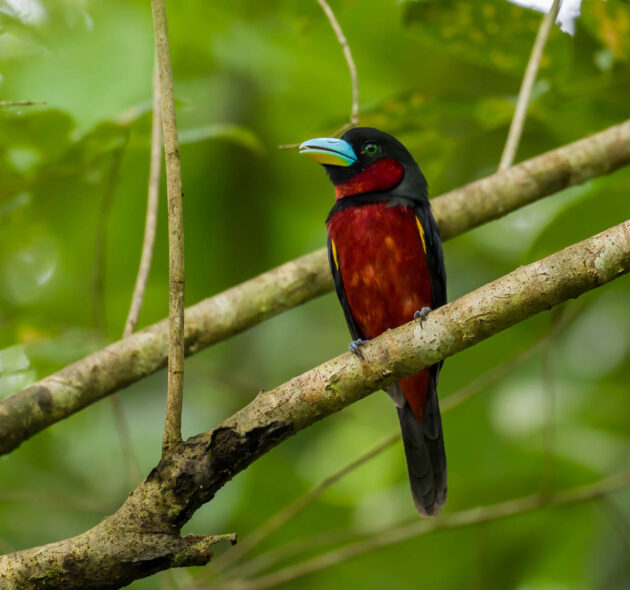
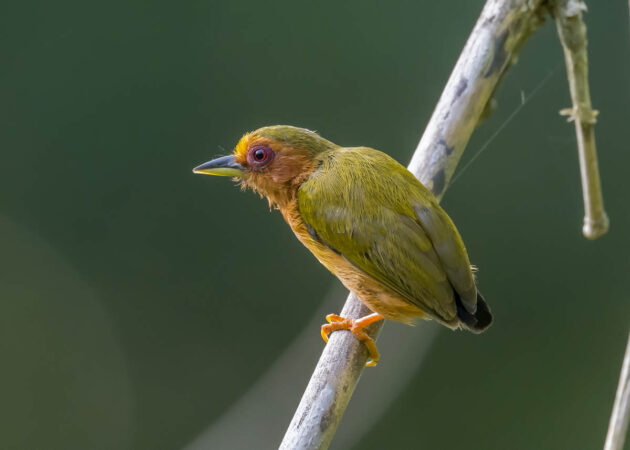
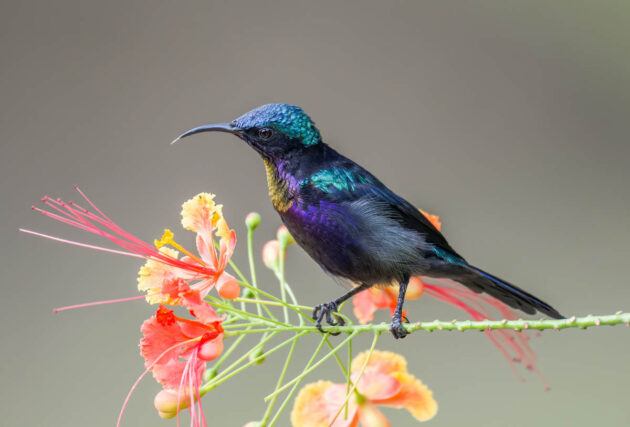
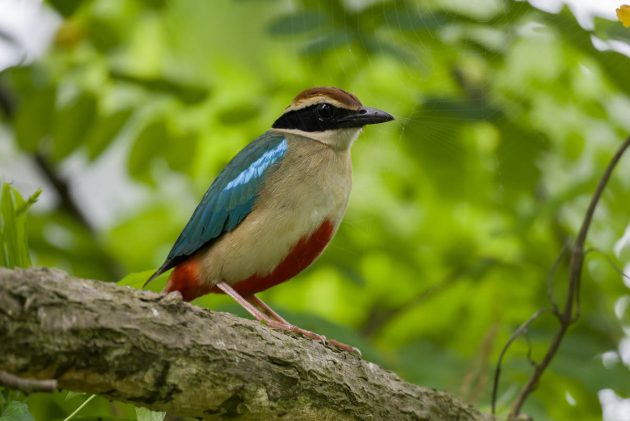
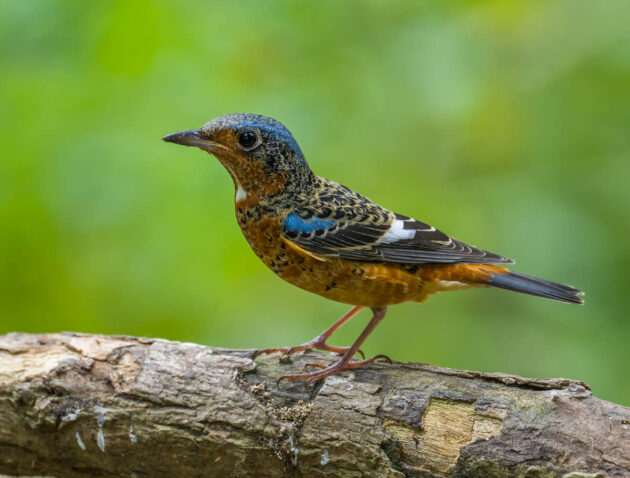
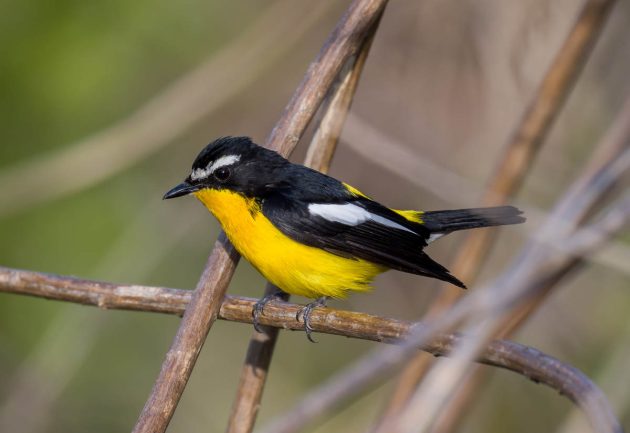
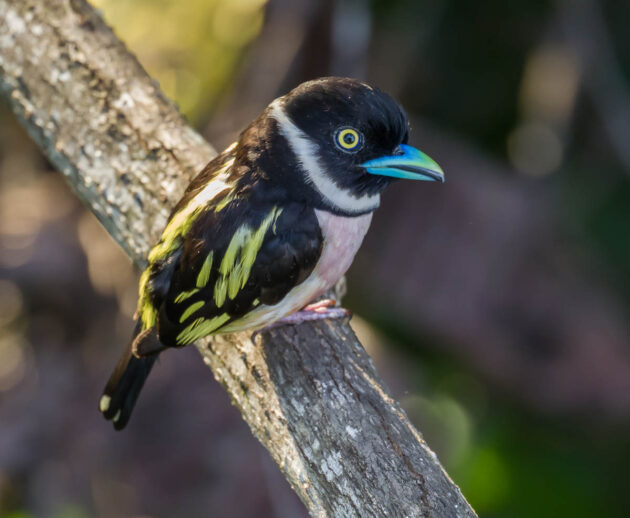
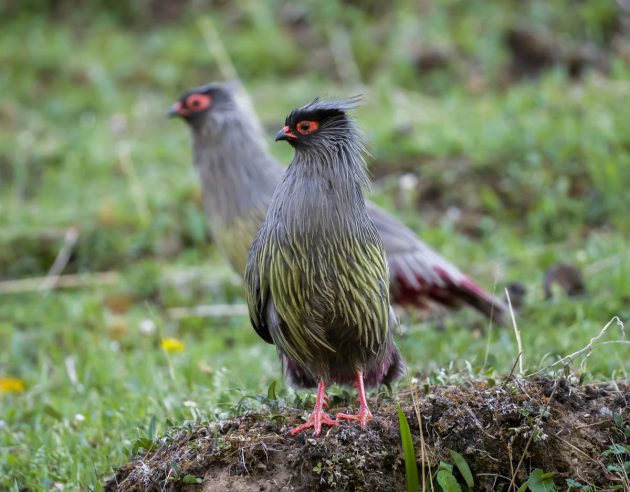
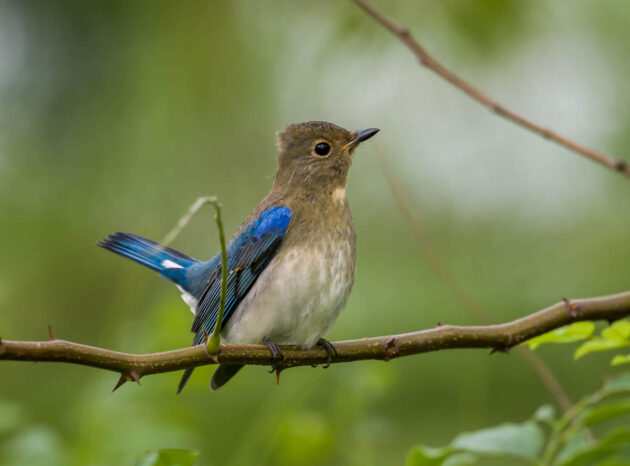
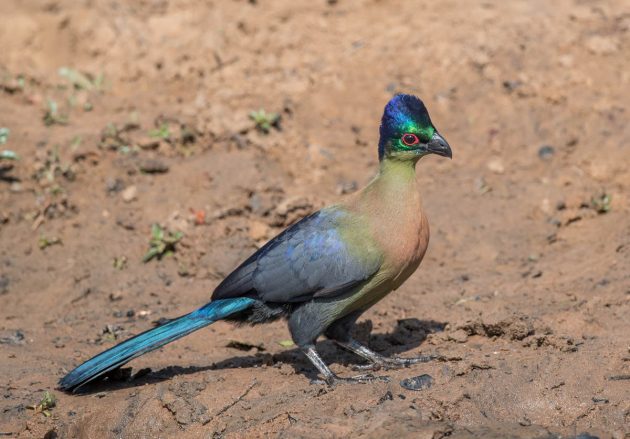
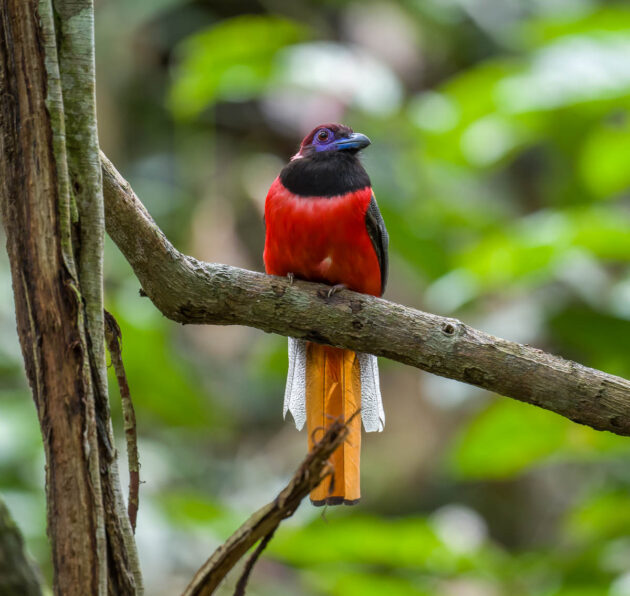
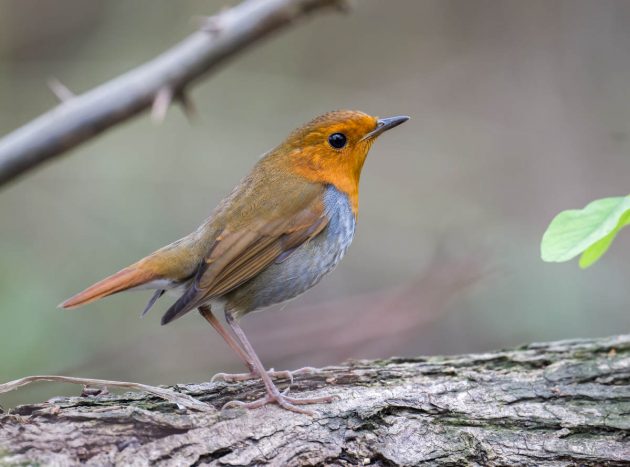
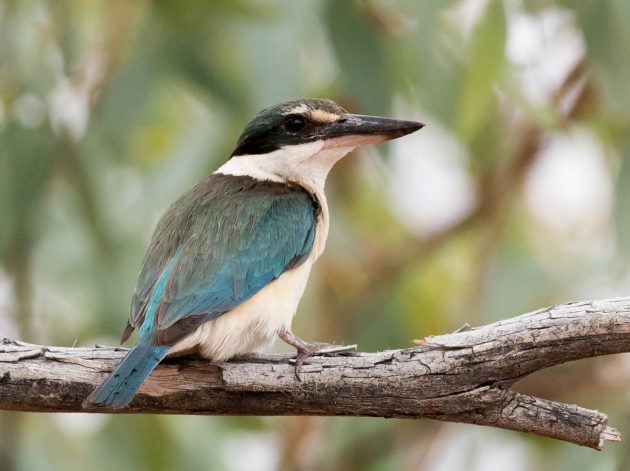
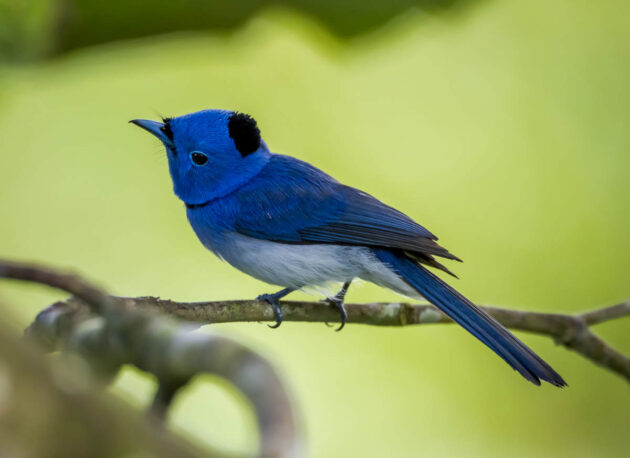
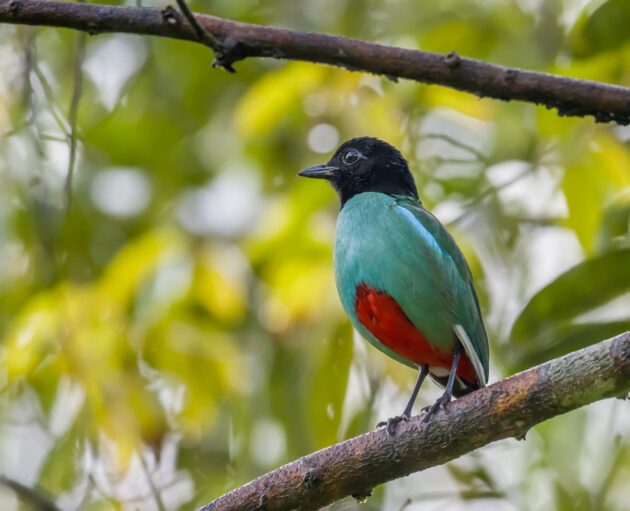
Leave a Comment